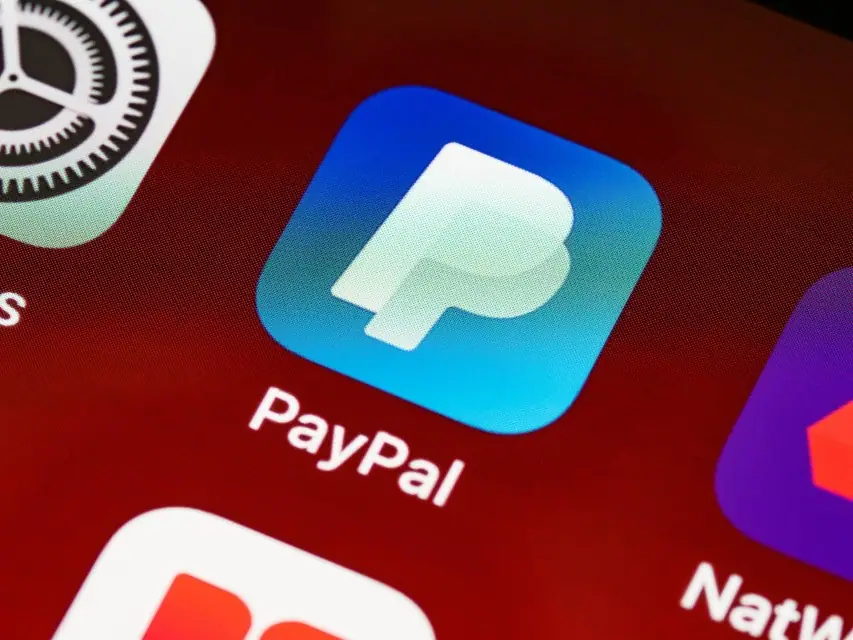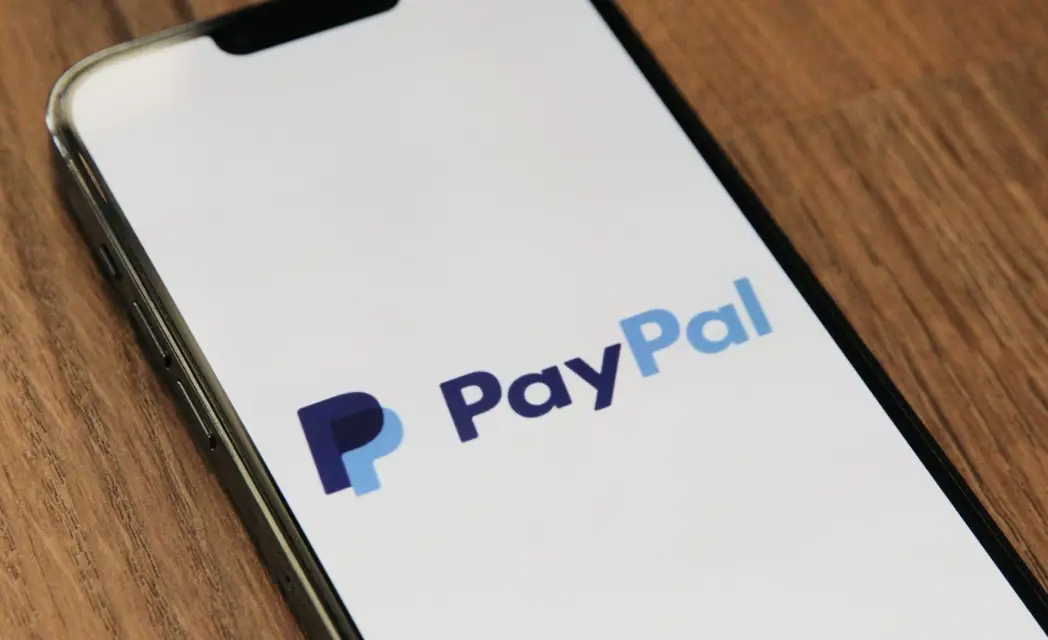With the increasing popularity of digital transactions, scammers are finding new ways to deceive people, and one of the prevalent tactics is the PayPal Bitcoin Invoice Scam. This article aims to provide comprehensive insights into the nature of this scam, how to identify fake PayPal invoices, steps to take if you receive a suspicious invoice, protecting yourself from the scam, and what to do if you fall victim to it.
What is the PayPal Bitcoin Invoice Scam?
Understanding the nature of the scam
The PayPal Bitcoin Invoice Scam involves scammers sending fraudulent invoices claiming to be from PayPal, requesting payment in Bitcoin. These invoices appear legitimate, leading unsuspecting individuals to make payments for services or products they never received.
How scammers use PayPal and Bitcoin in the scam
Scammers exploit the trust associated with PayPal and the allure of Bitcoin to deceive victims. By posing as legitimate entities, they manipulate individuals into making payments using Bitcoin, a digital currency that is often irreversible.
Common tactics used by scammers to send fake invoices
Scammers use various tactics to send fake PayPal invoices, including impersonating trusted businesses, creating sophisticated phishing emails, and leveraging social engineering techniques to manipulate victims into paying the fraudulent invoices.
How to Identify a Fake PayPal Invoice
Spotting suspicious email addresses and URLs
When receiving an unexpected invoice from PayPal via email or text message, always carefully scrutinize the sender’s email address and the URL provided in the invoice. Look for any unusual variations or misspellings that may indicate a fraudulent attempt.
Checking for unusual payment requests
Be wary of unexpected invoices, especially those that demand urgent payment or offer limited-time discounts. Scammers often create a sense of urgency to coerce victims into making hasty decisions without careful consideration.
Verifying the legitimacy of the invoice through official channels
Whenever you receive an unexpected invoice from PayPal, it is crucial to independently verify its authenticity through direct communication with PayPal. Avoid clicking on any links or making payments until the legitimacy of the invoice is confirmed through secure and official channels.
Steps to Take if You Receive a Suspicious PayPal Bitcoin Invoice
Reporting the invoice to PayPal
If you suspect that an invoice you received is fraudulent, immediately report it to PayPal. By doing so, you can prevent others from falling victim to the scam and also contribute to the efforts of combating such fraudulent activities.
Taking precautions to secure your PayPal account
Following the receipt of a suspicious invoice, take proactive measures to secure your PayPal account, such as changing your password and enabling two-factor authentication. It is critical to prevent unauthorized access to your account.
Understanding the potential risk of malware and phishing attempts
Stay vigilant for potential malware and phishing attempts associated with fraudulent invoices. Scammers may attempt to exploit vulnerabilities in your system or deceive you into revealing confidential information through sophisticated phishing techniques.

Protecting Yourself from the PayPal Bitcoin Invoice Scam
Enhancing your email security and awareness
Enhance your email security by using spam filters and being cautious with email attachments and links. Additionally, educating yourself and others about the prevalence of scams can help raise awareness and prevent individuals from falling for such deceitful tactics.
Recognizing common red flags in scam emails
Be attentive to common red flags in scam emails, such as grammatical errors, vague sender information, and suspicious requests. Developing a keen eye for such indicators can significantly reduce the risk of being deceived by fraudulent emails.
Utilizing security features provided by PayPal for transactions
Utilize the security features offered by PayPal, such as transaction monitoring and buyer protection. These features can provide an additional layer of security and assistance in identifying potentially fraudulent activities.

What to Do if You Fall Victim to the PayPal Bitcoin Invoice Scam
Steps to take to secure your financial accounts and personal information
If you have fallen victim to the scam, promptly secure your financial accounts and personal information. Initiate account monitoring and consider placing a fraud alert on your credit reports to mitigate the impact of the fraud.
Report the scam to the appropriate authorities
Report the scam to the appropriate law enforcement authorities or regulatory bodies. By doing so, you contribute to the collective efforts in combating fraudulent activities and may also help prevent others from becoming victims.
Seeking assistance from PayPal for potential resolution options
Contact PayPal to seek assistance and explore potential resolution options. While the fraudulent transaction may be irreversible in some cases, PayPal may provide guidance and support in addressing the aftermath of the scam.


